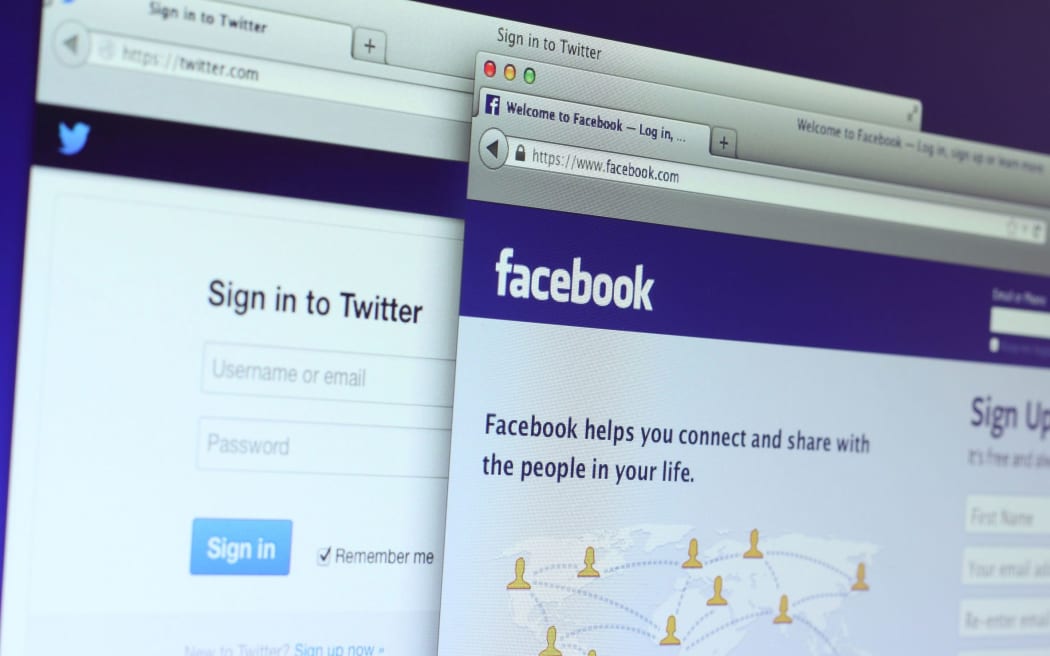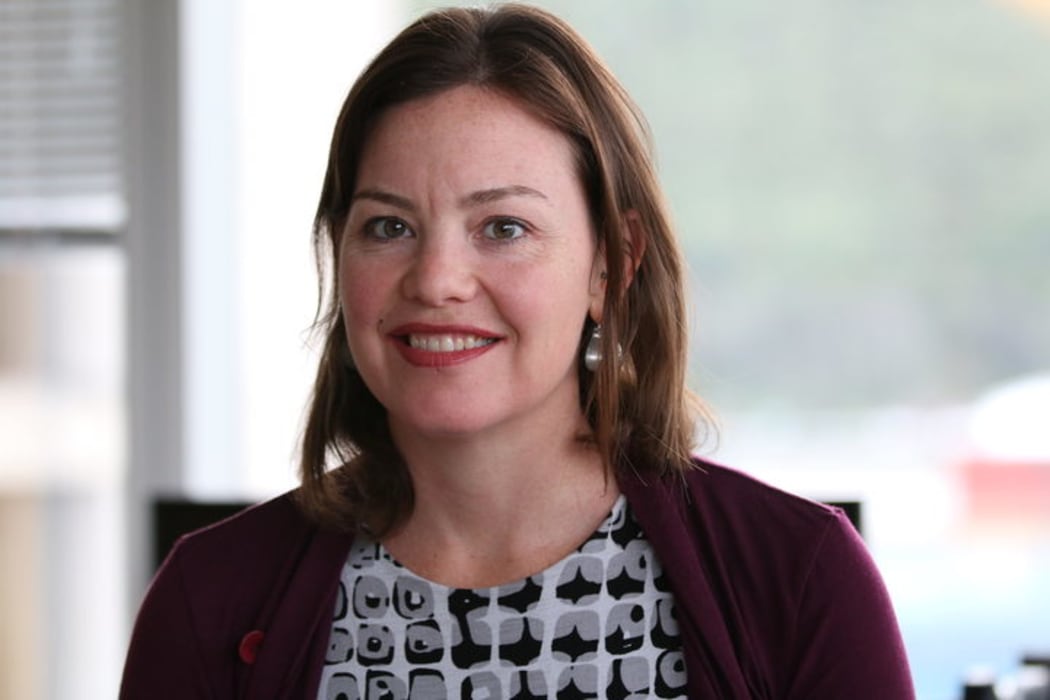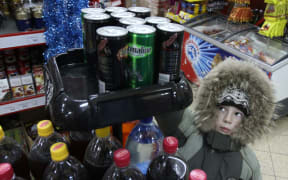Teenage girls have told researchers it is "normal" to be sent unwanted nude pictures and part of being a woman online.

Photo: 123rf.com
The new report, Insights into Digital Harm, is the first in New Zealand to present the differences in how girls and boys are harmed online in their own words.
Researchers from the Ministry for Women and internet safety group Netsafe interviewed about 100 students, aged 16 to 17, in focus groups around the country.
All of the teenagers knew of someone who had suffered "serious digital harm", but also expressed that "things don't often get out of hand".
The report said girls were most at risk as they tended to be more invested in their online lives.
Girls were also much more likely to discuss sexual harassment than boys.
Nude images were considered "potentially most harmful".
"For girls, receiving nude pictures of males is considered normal (although unpleasant) and part of their online experience," the report said.
In an exchange quoted in the paper, several teenage girls said it was common to be sent unsolicited photos of a penis.
"We're women online. You don't have to look for it," one teenager said.
Young people were most fearful of personal attacks which showed a disregard for consent and from people they knew.
"Boys are more likely to share nude images of girls than girls of boys," the report said.
The teenage boys told the researchers they knew it was "wrong" to share such photos and were more likely to do so when they were younger.

Minister for Women Julie Anne Genter, who launched the report, says it's important to understand more about how to keep safe online. Photo: VNP / Daniela Maoate-Cox
The participants said there was "little useful formal help or support" regarding digital harm.
Many felt they should be able to deal with online trouble themselves and most said they would not speak to teachers or helpline counsellors.
Both girls and boys called for resources to support themselves and suggested the idea of young people mentoring and helping to educate children.
"It's about teaching consent and self-respect," one girl said. "It's a hard thing to teach, because it's just about respecting other people for being people and equal to you and you respecting their opinions and what they want."
The report also suggested that workshops run by relatable and engaging young people could be helpful.
Minister for Women Julie Anne Genter launched the report this afternoon at Wellington Girls' College.
"My message to young people is that you deserve to be safe, and you deserve support to get safe," she said.
Ms Genter said it was important to understand more about how to keep safe online.
"Girls and boys in our study strongly supported prevention efforts, including education about norms, consent, mental health and respect."
She encouraged parents to educate themselves and to discuss healthy relationships and online safety with their children.
The report is the first step of a multi-phase research project. A second report is expected next week.





